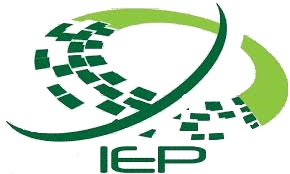
Al Baraka Forum for Islamic Economy in collaboration with the Islamic Chamber of Commerce and Development (ICCD) hosted the 2nd Al Baraka Regional Conference, in partnership with Al Baraka Bank Pakistan, to shed light on the crucial role of home remittances in Pakistan and their impact on sustainable development.








